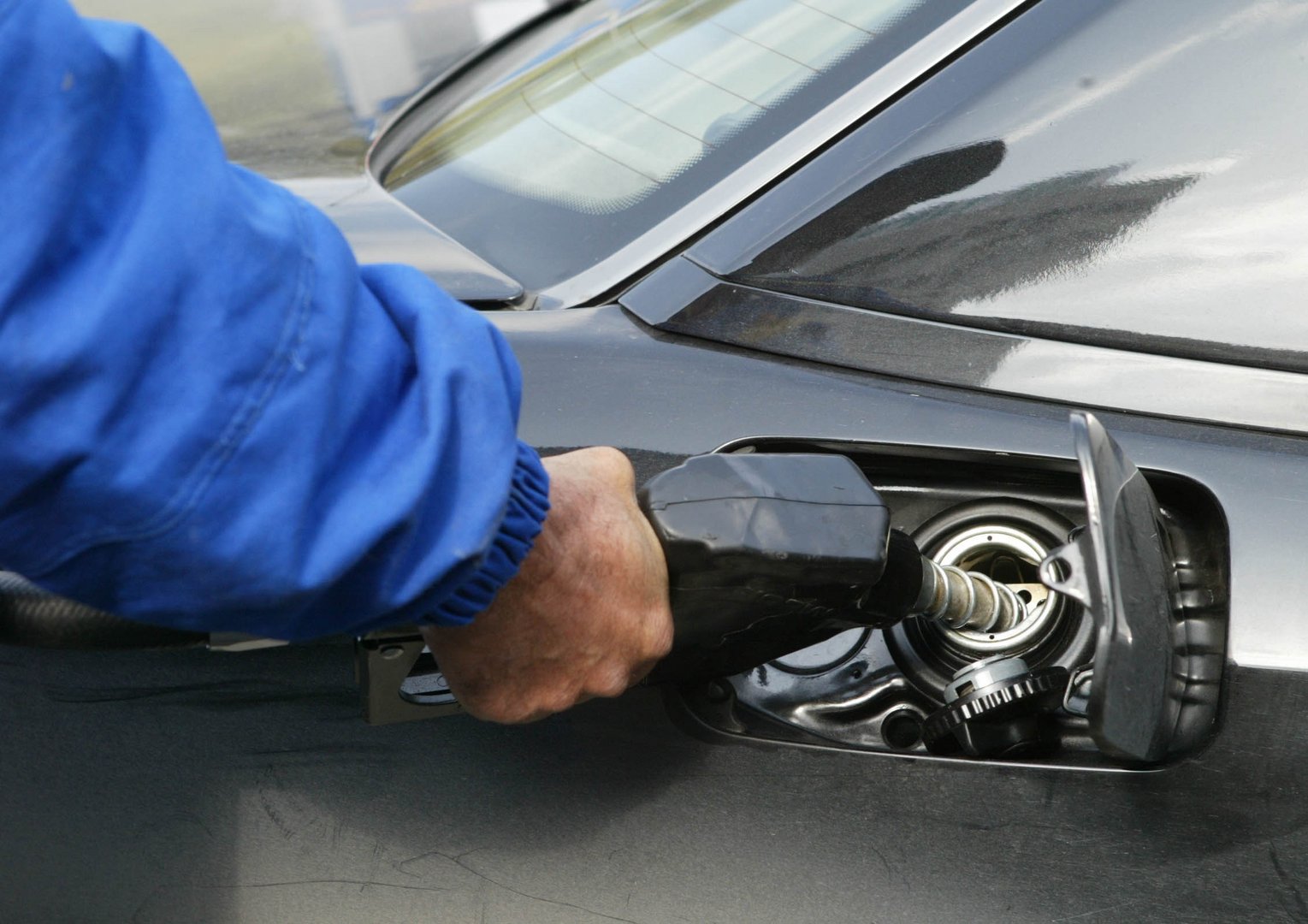People only understand harsh punishments and strict fines and that’s what it will take to stop people buying petrol in the north, the head of the association of petrol station owners told the Cyprus Mail.
Stefanos Stefanou said that due to the high price discrepancies of petrol between the Republic and the north – it’s about half price in the occupied areas – the state must intervene to prevent consumers from purchasing petrol across the divide.
Some stations in Famagusta have seen a decrease of sales by about 30 per cent, according to a report by daily Phileleftheros, which Stefanou confirmed.
“Strict fines and an increase in checks are the only way to prevent it, we won’t be able to stamp it out completely, but we have to do something,” he said.
The Turkish lira has consistently been very weak against the euro, further widening the gap between prices across the divide.
Asked to comment on why there is such a price gap between the two communities, Stefanou said that EU nations must apply a minimum tax of 35 cents (plus VAT) per litre of petrol.
The Republic has added nine cents on top of the EU required tax, raising the total tax rate per litre to about 44. The corresponding price in Greece, he said, is 75 cents.
“So, let’s say we managed to persuade the state to drop the nine cents, it would still have a baseline tax of 35 cents, it can’t go further down than that,” he said, adding that: “We currently have about a 65 cent per litre difference with the north – so even dropping that nine cents wouldn’t really make a difference.”
Stefanou was also adamant that smuggling of fuel from the north is rife and that the state must step in immediately.
“People only understand harsh punishments, if there were strict fines for smuggling of petrol or purchasing petrol in the north, which does not abide by our regulations – such as a fine of €5,000, would you go?” he asked.
Backing up Stefanou’s claims of fuel being smuggled from the north, reports in May stated that a 45-year-old man was fined €3,000 for smuggling about one and a half tonnes of fuel in a tanker-trailer.
In June 2018, the customs department said it would step up checks on vehicles at crossing points and seize fuel brought from the north, but the campaign has since seemingly fizzled out.
At the time, the department said that it is within their powers to stop and search vehicles and take samples for testing.
The department warned that vehicles could even be confiscated.







Click here to change your cookie preferences